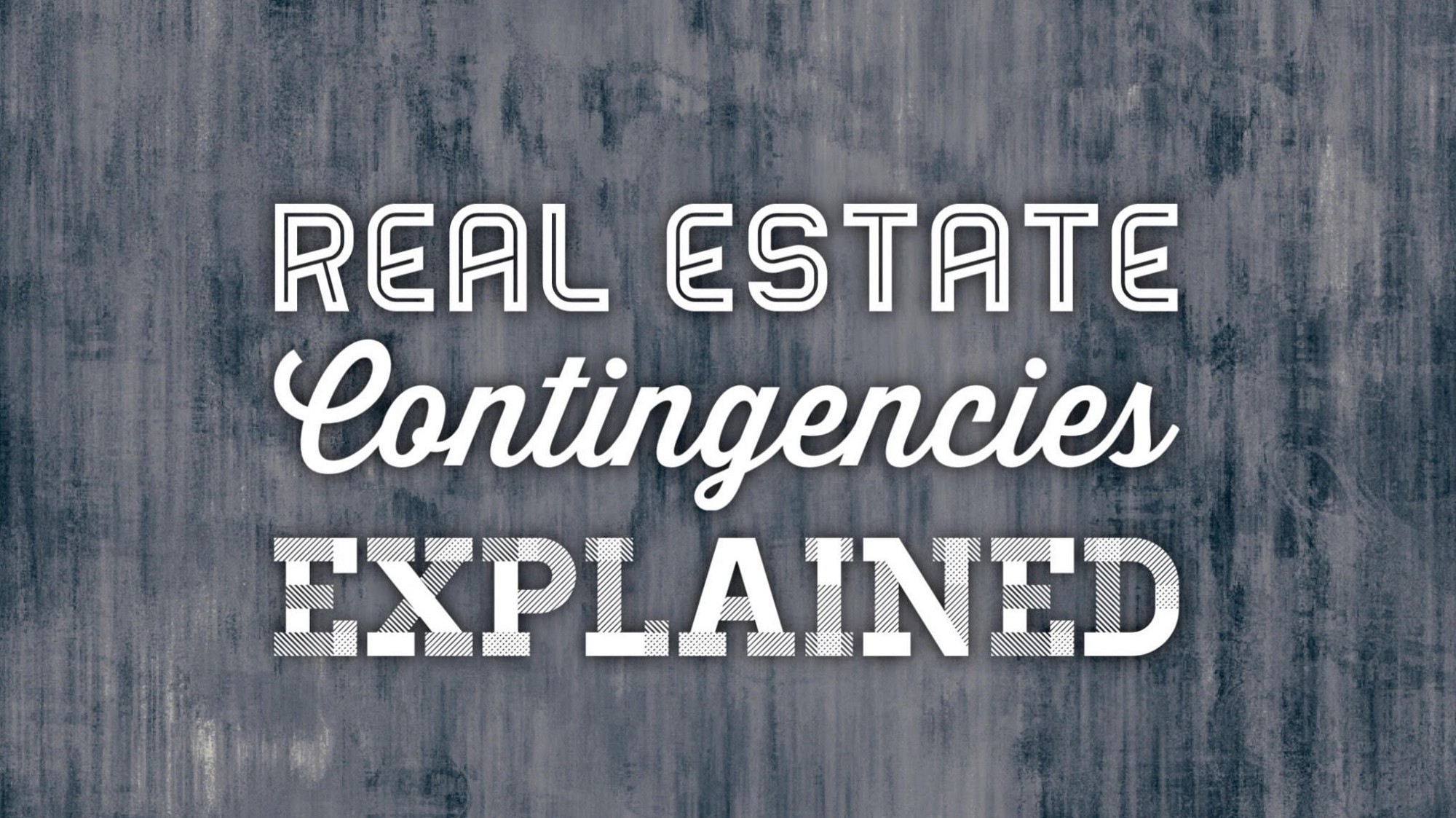
Inspection Contingency:
This clause, often referred to as a “due diligence contingency,” grants the buyer a set period, typically 10-14 days, to conduct a thorough inspection of the home. It serves as a safeguard for the buyer, allowing them to either walk away from the contract or negotiate repairs based on the comprehensive examination conducted by a professional inspector. This examination covers both the interior and exterior of the property, scrutinizing aspects like electrical systems, finishes, plumbing, structural integrity, and ventilation. The inspector then provides the buyer with a detailed report outlining any identified issues. Based on the inspection contingency terms, the buyer has several options:
- Accept the report, allowing the transaction to proceed.
- Reject the report, withdrawing from the purchase and reclaiming the earnest money.
- Request additional inspections for further examination.
- Ask for repairs or a concession; if the seller agrees, the transaction continues. If not, the buyer can retract their offer and recover their earnest money.
Financing Contingency:
This contingency offers the buyer a designated timeframe to secure funding for the property purchase. It's a crucial clause that permits the buyer to terminate the contract and retrieve their earnest money should they fail to acquire financing through a bank, mortgage broker, or other lending sources. The contingency specifies the number of days the buyer has to secure financing. If unable to do so, the buyer must either terminate the contract by the specified date or negotiate an extension in writing with the seller. Failing to waive this contingency within the allotted timeframe obliges the buyer to complete the purchase, regardless of loan acquisition status.
Appraisal Contingency:
The appraisal contingency is designed to ensure the property is valued at a minimum predetermined amount, safeguarding the buyer. Should the property's appraisal fall short of this amount, the contract may be terminated, often allowing for the return of the earnest money to the buyer. This contingency allows for several outcomes:
- The buyer may proceed with the purchase even if the appraisal is low, within a certain period after receiving the appraisal report.
- The seller may reduce the selling price to the appraised value.
- The buyer must communicate any appraisal concerns by a specific deadline, or the contingency is considered satisfied, and the buyer cannot withdraw based on the appraisal.
72-Hour Contingency Clause:
This clause is introduced by sellers as a safety net against a sale contingency on the buyer's current home. It permits the seller to continue marketing the property despite accepting a contingent offer. Should another qualified buyer emerge, the initial buyer is given a 72-hour window to eliminate their sale contingency and maintain the contract's validity. If the initial buyer fails to act within this timeframe, the seller has the right to terminate the agreement and sell to the new buyer.
